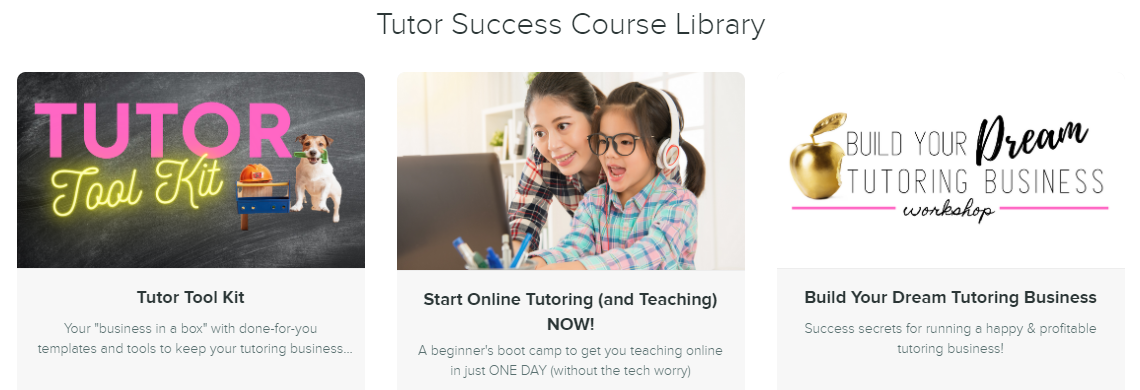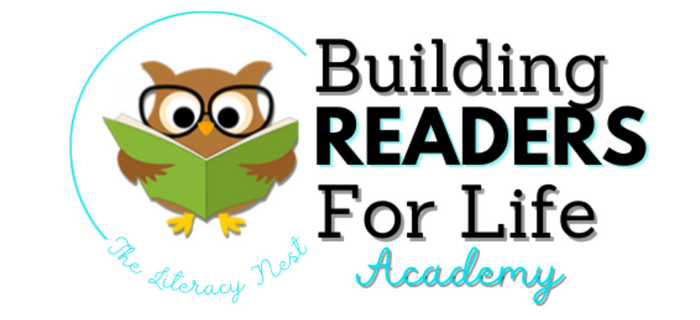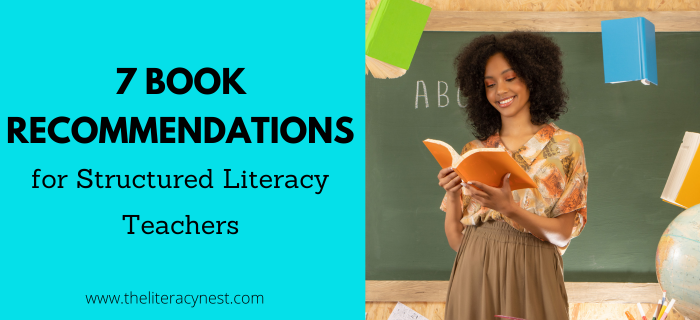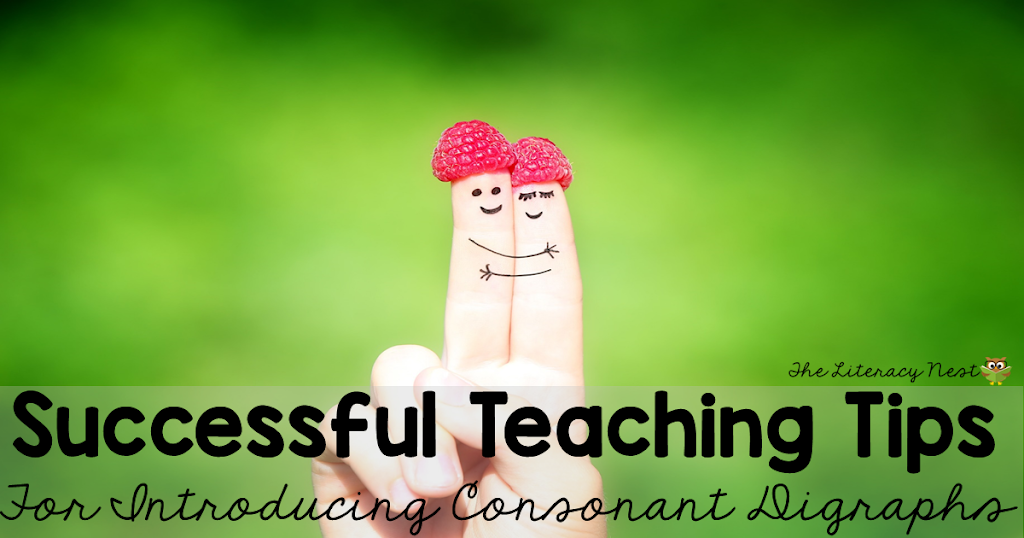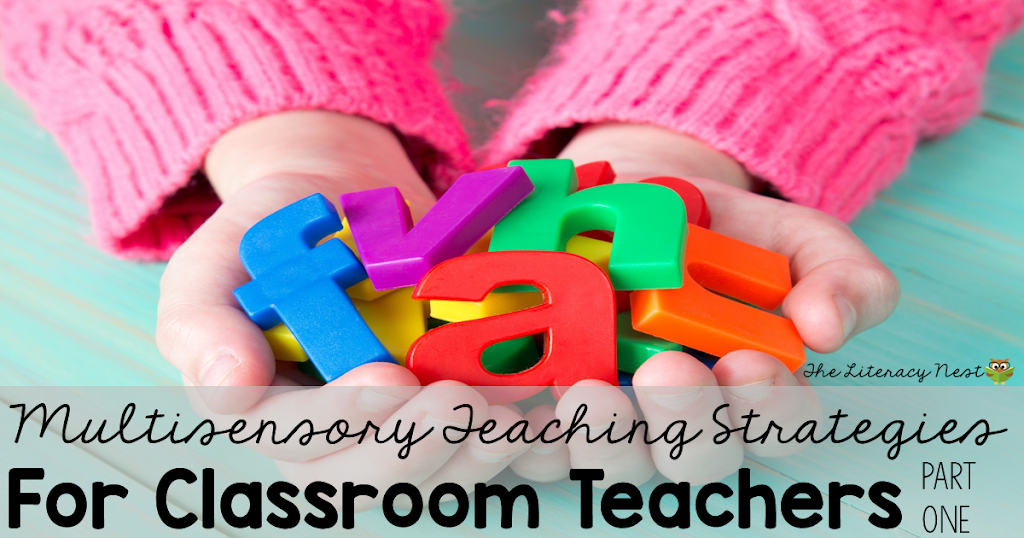Back to School Tips for Structured Literacy Teachers
Late summer means cooler evenings and back to school! I can already picture the shine of freshly sharpened pencils, new sneakers, and the excitement of seeing friends. However, even for the most seasoned teachers, back to school can create nerves. But, I’ve got tips for all my structured literacy teacher friends!
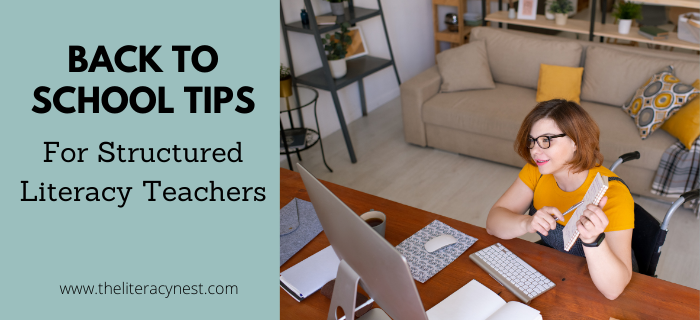
Here are My Top Tips for Structured Literacy Teachers to Kick Off a Successful New School Year!
1. It’s all about multi-sensory instruction.
Everything we know about how students with dyslexia learn best requires the use of multisensory techniques, skilled practitioners, and structured sequential instruction. Use How to Explain Multisensory Instruction to Families for lots of tips when communicating with parents. How to Keep Your Orton-Gillingham Lessons Multisensory has a ton of ideas to help you stay true to the approach.
2. Ensure that all your students are receiving the necessary instruction without gaps.
Do you provide direct instruction in an intervention setting with multiple groups of students? Make your valuable intervention time about direct and explicit instruction. It is important to teach to mastery.
3. Create individual multisensory kits.
An ideal individual multisensory kit needs to be compact, inexpensive, and ideally able to be disinfected. Some items you might consider including are:
- A lap-sized whiteboard
- Dry-erase marker
- Small eraser or cloth
- Flat plastic food storage container for tracing
- Something to fill that container. (Rice and salt are inexpensive enough to be disposable. Spelling beads or microbeads will withstand disinfecting.)
- Plastic canvas
- Small container of Play-Doh (This is useful for use as a fidget, letter formation, or other phonemic awareness activities)
- A red crayon/pen/pencil for practicing learned words
- An individual notebook or dictation workbook
- Materials for games (a die, a couple of pawns, a laminated generic game board). These can allow kids to experience the fun parts of reinforcement games while staying safe.
- Felt squares or plastic counters
- Consider individual sound walls/reference notebooks
Watch this tutorial for tips when making multisensory toolkits.
4. Be a proactive and curious learner.
Take time to learn new platforms thoroughly, and seek out advice and guidance. Learn how different student devices work with these new platforms.
5. Spend time developing and practicing a routine for students.
With a new school year and new classrooms and intervention rooms come new procedures for everyone. These new routines are going to require modeling, guided practice, and independent practice, just like any sort of taught procedure.
6. Incorporate an extensive review.
Students have been out of school mode for the entire summer. This long hiatus may lead to summer slide. Students will need an extensive review at the beginning of the new school year.
7. Be prepared to offer guidance and support to parents.
Parents will want to know how to effectively help their striving reader and writer at home. Consider newsletters, instructional videos, or even virtual coaching sessions. In the section called Tips for Parents, I have lots of posts to assist you.
There is one last tip that may be the most important of all. It is something that doesn’t come naturally to parents or teachers.
8. Take care of yourself.
Stay healthy by drinking plenty of water, taking time to exercise, eating healthy meals, and finding a way to unwind. You can’t help students become competent and successful readers if you are burned out and exhausted. There is a reason that flight attendants tell you to put on your oxygen mask first. Find a way to nourish your physical and emotional self so that you can continue to help students become proficient readers. Dyslexia’s toll on the learning and well-being of kids is as fierce and unrelenting as ever. In Tips If You’re Overwhelmed by Teaching Online, Nancy Young advises from her years of experience.
If you need additional support…
Tutor Success Academy has affordable courses and resources to walk you through all aspects of teaching and tutoring online.
Wishing you all a school year that is filled with tiny victories. Celebrate them when they happen!
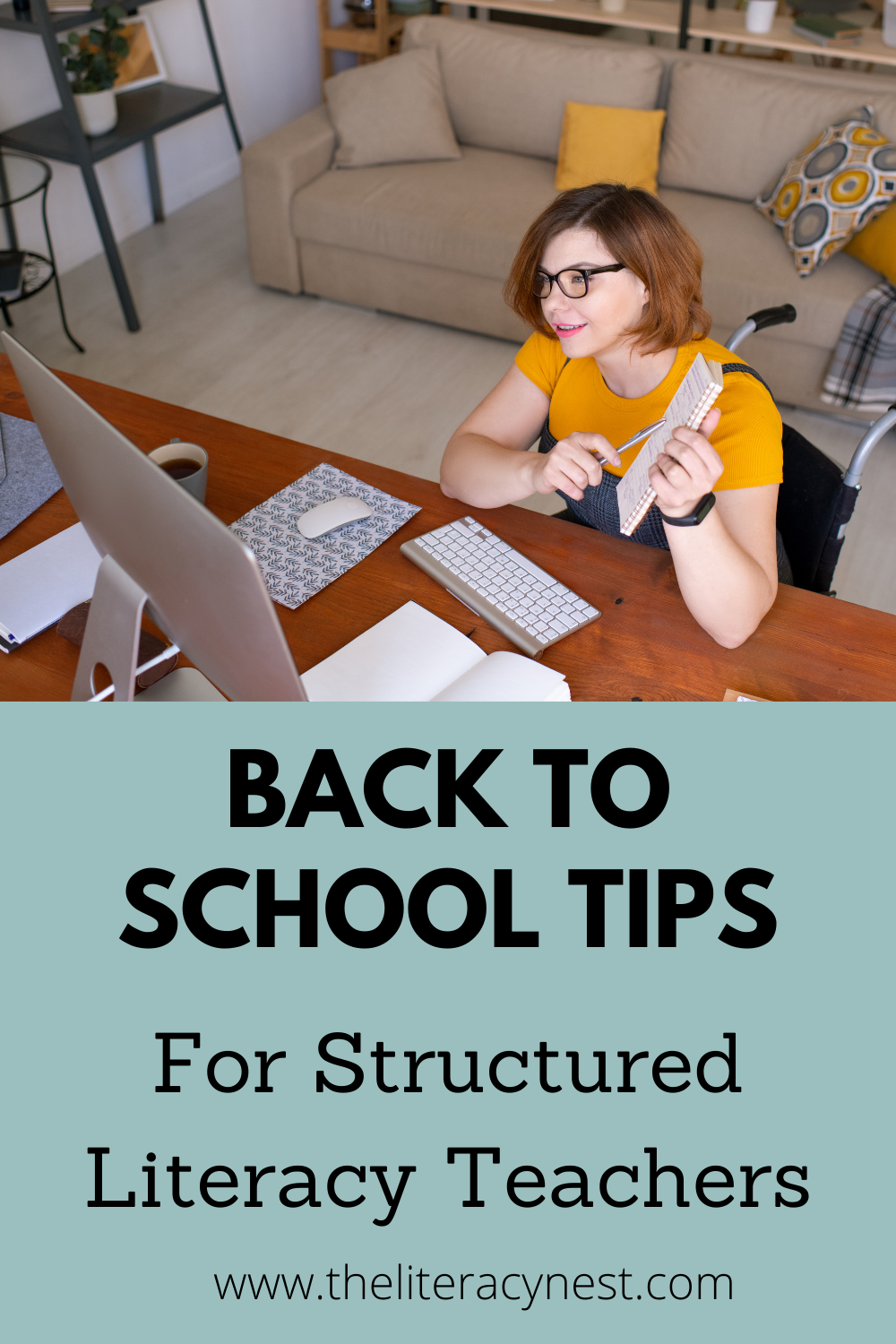
For support in finding even more structured literacy resources, sign up for the Building Readers for Life Academy. Both educators and families are welcome!
Building Readers for Life Academy is a monthly membership program that empowers educators AND families by diving into structured literacy and strategies for ALL learners. With BRFL Academy, you’ll learn what it takes to help EVERY student become a reader for life.

